Invited Speakers
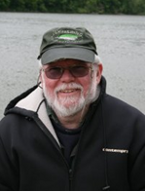 |
Dr. Arthur Bogan North Carolina Museum of Natural Sciences Raleigh, North Carolina United States of America Dr. Bogan's research is focused on developing a phylogeny of the freshwater bivalves of the world. Other research interests lie in developing a handbook on freshwater gastropods of North Carolina. He is also part of a collaboration team that's been formed to produce a photographic catalog of the nearly 1,000 named taxa in the North American freshwater gastropod family Pleuroceridae. |
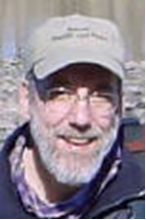 |
Dr. Christopher Barnhart Department of Biology Missouri State University Springfield, Missouri United States of America Dr. Barnhart research interests include the physiological ecology of animals, particularly in freshwater. Current projects focus on the conservation biology and captive propagation of freshwater bivalves, and the effects of hypoxia on aquatic organisms. |
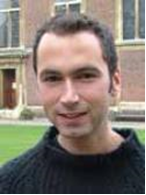 |
Dr. David Aldridge Department of Zoology University of Cambridge Cambridge United Kingdom Dr. Aldridge research focuses on the ecology of aquatic ecosystems, and in particular invasive species and the role of bivalve molluscs. Much of his work centres on using biology and ecology to answer questions which have wider practical applications. He is also the founder and Managing Director of BioBullets, a company that produces bivalve antifouling particles, since its inception in 2003. |
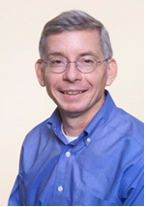 |
Dr. David L. Strayer Cary Institute of Ecosystem Studies Millbrook New York United States of America Dr. Strayer's research is focused on the distribution and roles of freshwater invertebrates. He is currently working on the ecology of the Hudson River and on understanding the controls on distribution and abundance of pearly mussels. |
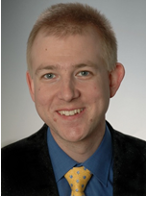 |
Dr. Jurgen Geist Wildlife Biology & Wildlife Management Unit Technische Universität München Wissenschaftszentrum Weihenstephan Freising Germany Dr. Geist research is directed to the development of system biology models for chronological and spatial distribution of biodiversity in water ecosystems which integrate molecular biology and ecology approaches. Focus is placed on the quality of the aquatic habitat, genetic and demographic structures of fish and mussel populations, aquatic food webs and the development of stress biomarkers to indicate pollution in water bodies. |
 |
Dr. Mary Seddon Dr. Mary Seddon is currently the Chair of the SSC’s Mollusc Specialist Group. She is also the head of Mollusca at Amgueddffa Cymru – National Museum Wales, based in Cardiff, UK. She’s been working there on the taxonomy, biogeography and systematics of European and African landsnails since 1990. The collections at Cardiff have international perspective, holding types and reference collections for about 40% of the world’s molluscan fauna, with particular concentrations from the former British Colonies. She became interested in conservation issues when working on the landsnail fauna of the Madeiran Islands, a unique archipelago in the North Atlantic, which has a very high number of endemic range restricted species. This fauna has protected species that are listed on the appendices of the European Habitats and Species Directive and this lead to involvement with the Threatened Species Assessment programmes of IUCN. Since 1994 Mary has served as a member of the Mollusc Specialist Group and since 1995 has directed volunteer activity on Red Lists. |
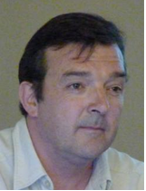 |
Dr. Rafael Araujo Armero Dept. de Biodiversidad y Biología Evolutiva Museo Nacional de Ciencias Naturales (CSIC) Madrid, Spain Dr. Araujo is an expert on Iberian naiads and its main research lines are on Biology, Taxonomy, Biogeography and Conservation of freshwater mussels. Currently is Research Curator of the malacological collection at the Museo Nacional de Ciencias Naturales (Madrid, Spain). |


